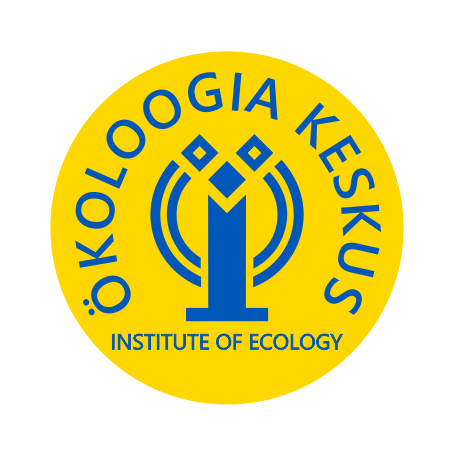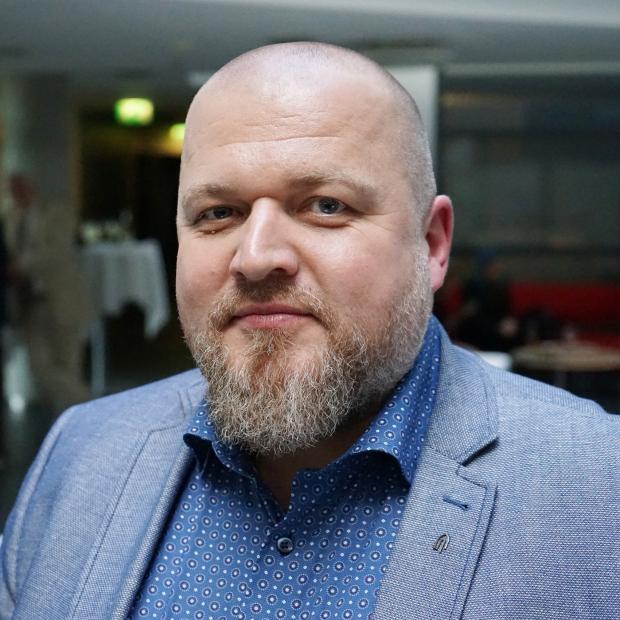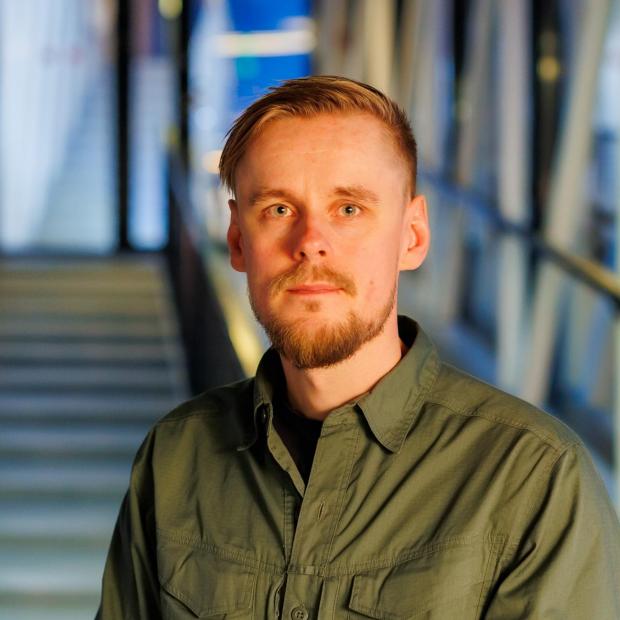
PhD program “Complex Systems in Natural Sciences”
PhD program “Complex Systems in Natural Sciences” is aimed at those who are interested in various problems in the field of natural and exact sciences, life sciences and environmental sciences.
Institute of Ecology is looking for candidates for the topic “Dissolved organic carbon dynamics in surface water and groundwater ecosystems under the impact of climate change”
Supervisors: PhD Jaanus Terasmaa (jaanus.terasmaa@tlu.ee) and PhD Oliver Koit (oliver.koit@tlu.ee)
Proposed PhD project is related to and partly financed by a five-year EU-funded LIFE program started in January 2023.
The main tasks of the PhD project are:
- To conduct thorough quantitative and qualitative research on selected pilot sites. Including monitoring of surface water-groundwater hydrodynamics and water chemistry;
- to evaluate DOC transport and mixing in surface water and shallow groundwater;
- to provide input data and take part in modelling the interaction between groundwater and surface water in coupled models;
- to assess the impacts of climate change on surface water and groundwater ecosystems;
- to compare the potential impact of different climate scenarios on the DOC balance in surface water and groundwater.
The full-time PhD position comes with full funding and you will be hired as a junior researcher with a gross salary of 1720 EUR (net approximately 1400 EUR). The living expenses in Estonia are quite affordable, and the allowance will be sufficient to cover your basic needs. Additionally, all PhD students will be enrolled in the Estonian national health insurance program, which covers the entire nominal study period of four years.
General requirements:
- Doctoral Level (PhD) applicants must have a research MA Degree or corresponding qualifications and experience.
- The duration of Doctoral programmes is 4–8 years according to the Individual Study and Research Plan.
- Copy of a Bachelor’s degree certificate or certificate of a corresponding qualification + Transcript of Records/Academic;
- Copy of a Master’s degree certificate or certificate of a corresponding qualification;
- Copy of the identification page of the passport;
- Proof of English language Proficiency (Level B2);
- Curriculum Vitae;
- Thesis proposal signed by the prospective supervisor
Read more:
- Detailed information about general requirements.
- Detailed information about programme-specific requirements
As a first step in applying for the position, please send the following documents to the supervisors (jaanus.terasmaa@tlu.ee & oliver.koit@tlu.ee):
- A letter of motivation explaining how your prior research experience qualifies you for the position and why you would like to work on this topic.
- A CV containing all relevant information about your experiences and qualifications.
Studing in Estonia
- E
 stonia boasts a vibrant student life, with numerous activities and events available to students. Various organisations and events are dedicated to aiding foreign students in integrating into Estonian society and building social connections within the country. These initiatives offer a diverse range of activities, including excursions, company visits, trips, social gatherings, photo competitions, bike trips, quiz tournaments, and more. In addition, universities have established various student clubs and interest groups, which serve to promote individual identities and facilitate the development of specialised skills among students. Many everyday activities are made easier with various IT solutions: register a company with as little as 18 minutes, buy a cinema ticket with your mobile phone app, park your car with phone, register courses online etc. Entrepreneurship and innovative solutions are highly welcomed in Estonia, which has a strong start-up community and has also become known as the Silicon Valley of Europe.
stonia boasts a vibrant student life, with numerous activities and events available to students. Various organisations and events are dedicated to aiding foreign students in integrating into Estonian society and building social connections within the country. These initiatives offer a diverse range of activities, including excursions, company visits, trips, social gatherings, photo competitions, bike trips, quiz tournaments, and more. In addition, universities have established various student clubs and interest groups, which serve to promote individual identities and facilitate the development of specialised skills among students. Many everyday activities are made easier with various IT solutions: register a company with as little as 18 minutes, buy a cinema ticket with your mobile phone app, park your car with phone, register courses online etc. Entrepreneurship and innovative solutions are highly welcomed in Estonia, which has a strong start-up community and has also become known as the Silicon Valley of Europe. - Read more: https://studyinestonia.ee/living
About the Institute of Ecology
 The Institute of Ecology has a rich history, tracing back to its establishment in 1992. Our researchers have been dedicated to the study of water-related ecosystems and have produced valuable insights that guide sustainable resource management. The Institute has focused on varius research areas such as lakes, rivers, coasts, peatlands, and increasingly, groundwater, which serves as a vital link between these ecosystems. Our aim is to elucidate the development and functioning of water bodies and their associated ecosystems.
The Institute of Ecology has a rich history, tracing back to its establishment in 1992. Our researchers have been dedicated to the study of water-related ecosystems and have produced valuable insights that guide sustainable resource management. The Institute has focused on varius research areas such as lakes, rivers, coasts, peatlands, and increasingly, groundwater, which serves as a vital link between these ecosystems. Our aim is to elucidate the development and functioning of water bodies and their associated ecosystems.
We promote natural science competence in society and contribute to higher education in natural sciences for science-based management of ecosystems, restoration, and rational resource use towards building a sustainable society. Interdisciplinary collaboration with other academic disciplines is crucial to achieving this goal.
Our partnerships with scientists in diverse fields such as education, psychology, digital technologies, communication, politics, history, and art at Tallinn University enable us to explore new perspectives and make meaningful contributions towards a better world. We aim to create awareness of the environment and promote sustainable development, with the ultimate goal of achieving a society where humans and nature can coexist.

